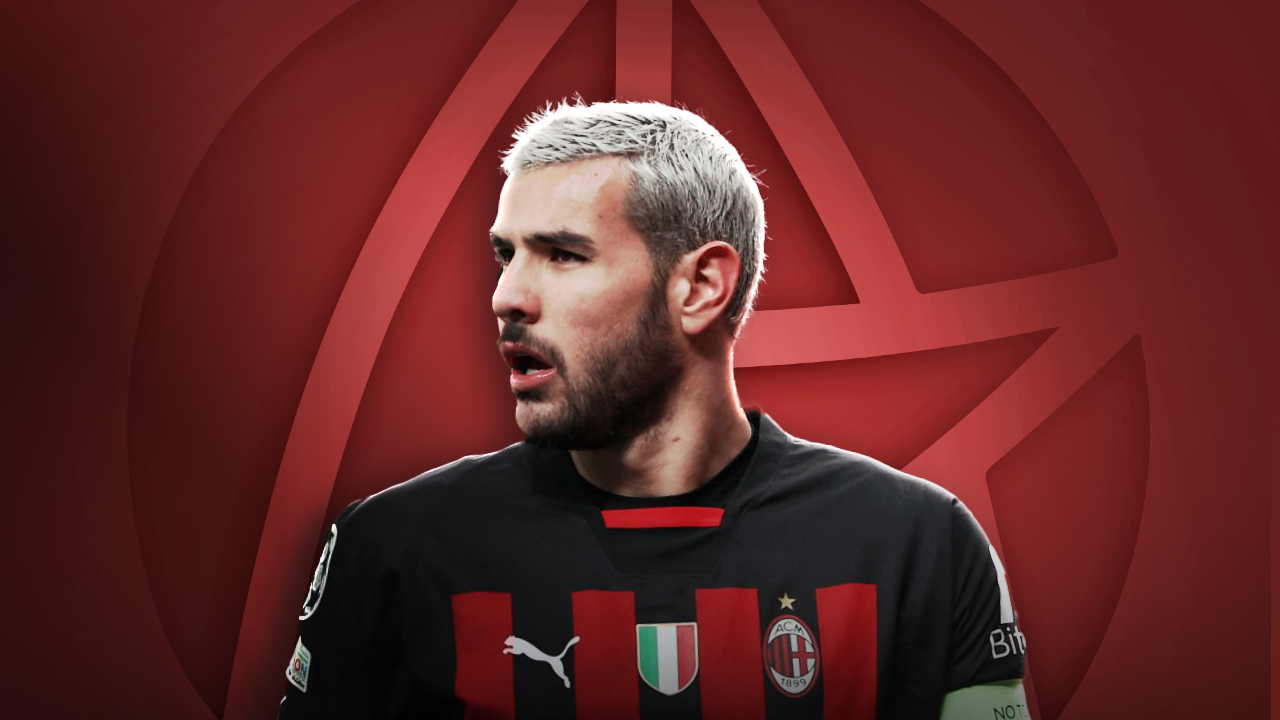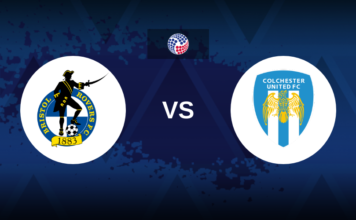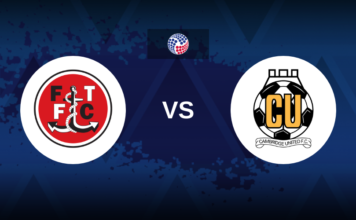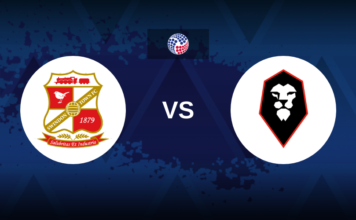In football, it’s common to see players’ last names on their jerseys, but some choose a different name for personal reasons.
Here, we countdown 10 footballers who broke tradition, revealing the stories behind their decisions. You might even spot two current Liverpool stars on the list! Can you guess who they are?
10. Saúl Ñíguez: Following His Father’s Lead
Saúl Ñíguez, the Spanish midfielder, is often referred to just as “Saúl,” both on and off the pitch. It’s likely that he followed in his father Borja’s footsteps, who was also a footballer known by his first name alone. This simplicity seems to be a family tradition.
9. Alexis Sánchez: Standing Out in Spain
When Alexis Sánchez moved to Barcelona in 2011, he made the switch from using “Sánchez” to “Alexis” on his shirt. The exact reason is unclear, but many speculate that he wanted to stand out in a league with many players sharing the common surname “Sánchez.” Since then, the Chilean forward has embraced his first name as part of his identity.
8. Sergio Busquets: Making His Own Mark
Sergio Busquets, Barcelona’s midfield maestro, chose to use “Sergio” on his jersey despite no known family conflict. His father, Carles Busquets, was also a player for Barcelona, so perhaps Sergio wanted to carve out his own path rather than live in his father’s shadow.
7. Lucas and Theo Hernandez: A Tale of Two Brothers
Lucas and Theo Hernandez, both sons of former player Jean-François Hernandez, have had strained relations with their father, who abandoned the family in 2004. Lucas originally used “Lucas” on his shirt but later switched to “Hernandez” after his move to Bayern Munich. Theo, however, continues to use his first name on his AC Milan jersey. This duo offers a fascinating look at how family dynamics shape identity on the field.
6. Dele Alli: Cutting Ties with the Past
Dele Alli, formerly of Tottenham, made a bold decision in 2016 to stop using “Alli” on his jersey, opting for “Dele” instead. His choice came after he cut ties with his birth parents due to a difficult upbringing involving abuse and neglect. Despite his parents’ public denial of his claims, Dele has maintained his distance and continues to use his first name on the pitch.
5. James Rodríguez: Commercial Genius or Simplicity?
James Rodríguez, the Colombian superstar, has always had “James” on the back of his jersey. While his parents split up when he was young, the reason for his name choice seems more practical than personal. Some believe that “James” is easier for international fans to pronounce, making it a more marketable name than “Rodríguez.”
4. Diogo Jota: Making a Name for Himself
Liverpool’s Diogo Jota was born Diogo José Teixeira da Silva. To avoid confusion with other players named “Diogo” or “Silva” in his youth academy, he adopted “Jota”—the Portuguese pronunciation of the letter J, representing his middle name, José. Now, when you see “Diogo J” on his jersey, you know it’s a nod to his unique identity.
3. Mario Balotelli: Embracing a New Family Name
Mario Balotelli, one of football’s most colorful figures, was born Mario Barwuah to Ghanaian immigrants. After being placed in foster care with the Balotelli family at a young age, he eventually adopted their surname. Balotelli has since embraced the name as his own, leaving behind his birth name and fully identifying with his foster family.
2. Memphis Depay: “Don’t Call Me Depay”
Memphis Depay made headlines when he declared, “Don’t call me Depay, call me Memphis.” His father left the family when Memphis was only four years old, and since then, the Dutch forward has distanced himself from his father’s surname. While he’s reconnected with his roots in Ghana, Memphis has remained steadfast in keeping “Depay” off the back of his jersey.
1. Jamie Vardy: A New Start with a New Name
At the top of our list is Leicester City’s Jamie Vardy. Born Jamie Richard Gill, the striker was abandoned by his father as a baby. After his mother remarried, he chose to take the surname of his stepfather, Phil Vardy. By rejecting “Gill” and embracing “Vardy,” Jamie turned his name into a symbol of his resilience and new identity.
Conclusion
For these players, the decision to use something other than their birth surname on their jerseys is deeply personal. Whether the change stems from family strife, personal branding, or the desire to stand out, each story adds another layer of depth to their journey as footballers. These unique choices remind us that a name on a jersey often carries much more than just letters—it holds a history.







